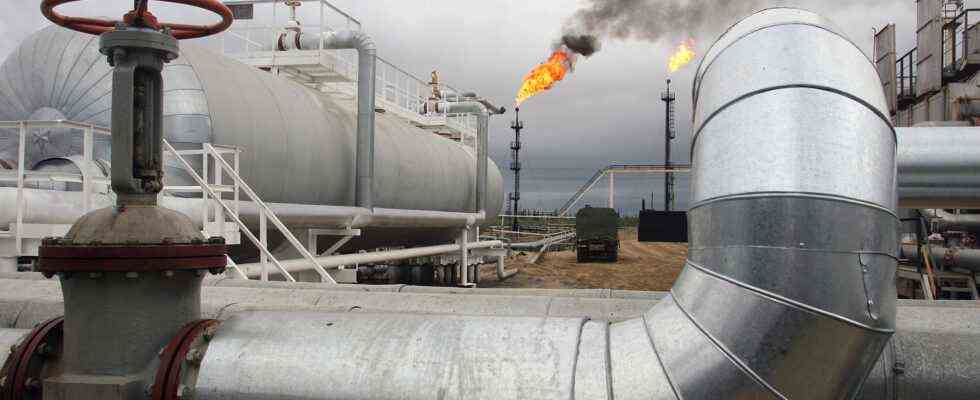Status: 10/26/2021 3:47 p.m.
What can be done about the high energy prices in the EU? The energy ministers are still divided: while countries like Spain are calling for market intervention, others consider short-term measures to be sufficient.
19 EU countries are dampening the effects of high energy prices through direct subsidies for families and companies or by lowering taxes and duties on electricity and gas. The EU Commission expressly encouraged all 27 states to do so and presented a toolbox with possible measures two weeks ago.
No common approach
However, the responsible ministers were unable to agree on a joint, long-term approach. At the meeting in Luxembourg, EU Energy Commissioner Kadri Simson stated: “The member states differ significantly in terms of energy mix, taxes and social situation. That is why there is no panacea that fits everyone.”
Spain rushes forward
Spain sees it very differently. The government in Madrid is proposing to decouple the electricity price from the gas price and to include cheaper renewable energies in the price calculation. If the electricity price were directly linked to the respective national generation mix, this would protect consumers from excessive price fluctuations, according to the Spanish representation.
This would actually be cheaper for Spain because the country relies heavily on electricity from sun, wind and water – as is the case for France, which primarily generates its energy from nuclear power.
Spain’s Energy Minister Sara Munoz emphasizes: “We want to convince with facts and describe the actual situation, namely that the change to more sustainability is only possible if consumers and industry also take advantage of the benefits.”
But Energy Commissioner Simson counters: It is unclear how the calculation based on different energy sources works in practice, as well as whether such a system would be better than the existing one.
The EU Commission receives support from Germany, Austria, the Netherlands and the Baltic states. They see the main cause of the price shock as the high global demand after the pandemic, but not the disadvantages of the EU energy market or climate policy. They do not want to tinker with the market mechanisms for electricity and gas and consider high prices to be a temporary phenomenon, the consequences of which must be alleviated – but nothing more.
Luxembourg rejects Spanish proposal
Luxembourg’s energy minister, Claude Turmes, rejects the Spanish proposal to buy gas together and set up a strategic reserve. That would take years, so Turmes, and where should the gas be stored:
EU split into north and south
The high energy prices divide the EU into north and south: Spain, France, Greece and others are demanding market intervention, while the north considers short-term measures to be sufficient and otherwise, like the Commission, is counting on Europe to get away from fossil fuels as quickly as possible.
Energy Commissioner sees the EU on the right track
According to Energy Commissioner Simson, the EU is on the right track: Last year, for the first time, it generated more electricity from renewable sources than from coal and gas.
EU ministers disagree on longer-term measures in the face of rising energy prices
Jakob Mayr, ARD Brussels, October 26th, 2021 2:56 p.m.

